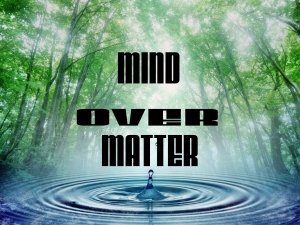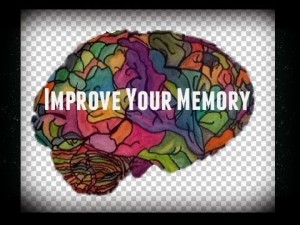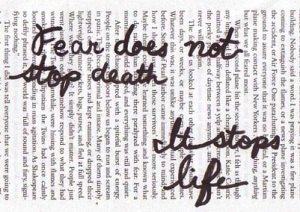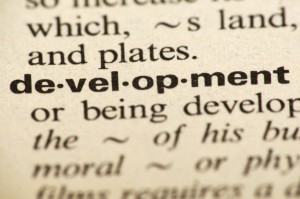 What is personal development?
What is personal development?
Personal development is a discipline that was once regarded by many as something that happens by itself. Whilst physical growth is an inevitability, personal growth and development is a decision and that decision rests on none other than yourself. There are various areas in life you must take charge of. Aspects of your life such as spiritual growth, career development, business, relationships, physical fitness and your life purpose all require urgent attention and action. However, you cannot act on what you don’t know. You need be to be equipped in order to discover and grow your potential.
At what level of personal development are you?
It doesn’t matter whether you are on autopilot just breathing in and breathing out, doing your best and hoping for the best. You could be one of those folks that once read something and was inspired to come up higher but the challenges of life caused to backtrack and back slide. You lost income, dropped out of school, lost motivation or simply gave up dreaming. It is possible that you are one of the privileged few who are already on the path to personal development. I say well done to you, keep on becoming better. You may have had the intention to start developing a skill or reading good books. Be honest and write down your current position in terms of development.
Why should you embark on personal development?
Personal development is not an option or an alternative, it is the a must if you are going to achieve uncommon success. If you are not developing you are not growing, if you are not growing then you cannot fulfil personal greatness. You have a lot of potential that may go undiscovered yet it stands to benefit others. I am giving you no choice but to develop yourself. Your best life yet is in store for you my friend. Today can be a new beginning.
How do you develop yourself as a person?
Developing yourself starts with being unhappy with the way things are. If you don’t like what is happening in your life you can always change and change starts with a decision to be someone you have never been before. Start where you are right now! You cannot solve your problem if you are still where you were when you created the problem in the first place. You need to grab a Word of God, get in prayer, find a coach, mentor, read a book or something that will encourage you to move forward.
When should you develop yourself?
You do not have to wait for next year. Anytime you make a decision that you no longer want what you have always been getting, you are ready to start. When you get sick and tired of being sick and tired and you say there must be a better life in store for me.
Who is responsible for developing you?
You are responsible for your own personal development. Take control of the areas that are lagging behind and begin to work on yourself. Nobody else can do it for you. You need to take control of your destiny.
What are the essential elements of personal development?
1. Clarify your values
You need to clarify your values because they are the cornerstones upon which your life is built. These are non-negotiable guiding principles that will steer you in the right direction. Clarified values are the backbone of sustained success. They keep you solid and grounded regardless of which way the wind blows. Values simplify life because you have made up your mind as to who you are and from then onward you are simply maintaining them. You need to determine what your values are in terms of your spiritual life, family, intellectual life, wellness, fitness, personal wealth, business and your career.
2. Know your purpose
Knowing your purpose has to do with answering the question, ” WHY AM I”?
Purpose causes you to do what you were born to do and stops you from abusing yourself and others because you will “use” your life properly. Imagine a piece of machinery, vehicle or equipment in the hands of someone who has never read the manual. Chances are high that the equipment will be damaged beyond repair. Life is fragile compared to machines that can easily be replaced or repaired. The uniqueness of one’s purpose means that only you can do what you were born to do, for example, Moses, David, Solomon, Joseph and our Lord Jesus. Purpose arms you with a mission in life. Jesus answered His mother, “I must be about my Father’s business when she was looking for Him. Purpose will inspire you, give you confidence and gives you something to become. What are you becoming?
3. Have a vision for your life
Your vision is what you sometimes refer to as the dream you have for your life
It is that great thing you see accomplishing in your future. When you look at where you are right now the vision may seem too far-fetched but develop one anyway. Your vision might not make sense if you look at the current resources you have. You might actually be in a situation of serious lack but you carry a vision of an abundant, overflowing life. It has something to do with putting your natural endowments, gifts to good use to help others. Treasure that vision because it will help many people.
4. Determine your mission.
Your mission has to do with breaking down your vision into tangible things you can do to accomplish the vision. It is specific compared to a vision because a vision is a broad outlook that you aim towards in the long – term whereas your mission is your plan or object of achievement. It is the goal that you are moving towards in your daily life.
5. Write your plan and act on it.
Do you have a plan? You cannot succeed without it written and commitment to act on it. What is written will most certainly get done. If you are going to be roaming the streets of your ghetto you don’t need a map but if you are going to conquer new territories and be a world – class player you need to seriously and arduously plan for success. What do you need to achieve this year, this month, this week, today? Take Action consistently in order to achieve your goals. Write down lessons learned, what has worked and what has not. . It will save you a lot of time and money in the future if you learn from today’s mistakes.
The information I have shared with you can transform your life. When your life is transformed you will be able to have the things money can buy and the things money cannot buy.
Closing Remarks
We have discussed the essential elements of personal development and the fact that you must know your purpose, vision, mission, values and the fact that you must have a plan. Having said that you must be willing to do what is required,open to possibilities, and never give up. You have it in you to do great things, that’s why you are not satisfied with the way things are. Go ahead and make your life count for something for the glory of God.
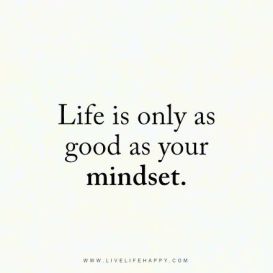 People are always trying to achieve total happiness in life. Most of us believe in an ideal state we want to be which would make us happier. Unfortunately, only few realize this footing in life because of our different perspectives.
People are always trying to achieve total happiness in life. Most of us believe in an ideal state we want to be which would make us happier. Unfortunately, only few realize this footing in life because of our different perspectives.
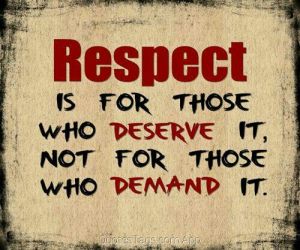 A few weeks ago I was having a meeting with a business partner of mine. When my skills were challenged and downright nullified to point where I felt somewhat disrespected. This has been an issue that has come up in the past, because in the career path I want to go into majority of my counterparts have vast more experience than myself. Often times, this can become problematic when it comes to respecting ones ideas or the validity of their opinions. This prompted me to ask the question is respect earned or given?.
A few weeks ago I was having a meeting with a business partner of mine. When my skills were challenged and downright nullified to point where I felt somewhat disrespected. This has been an issue that has come up in the past, because in the career path I want to go into majority of my counterparts have vast more experience than myself. Often times, this can become problematic when it comes to respecting ones ideas or the validity of their opinions. This prompted me to ask the question is respect earned or given?.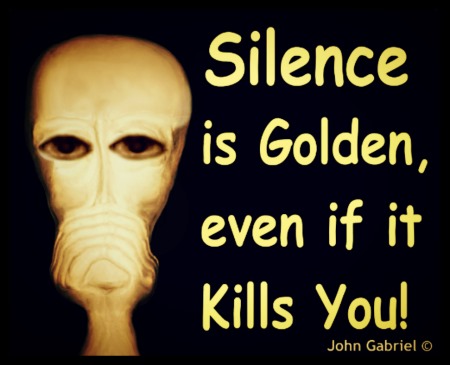 How noisy is your life?
How noisy is your life?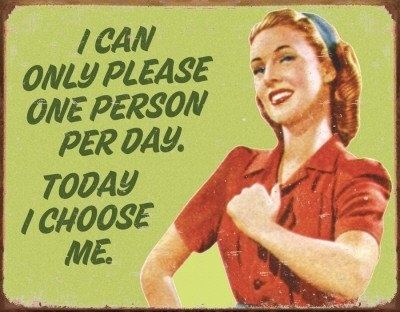 Many people are pursuing self-transformation through self-transcendence. They believe that the self is evil. Religions preach that we’re born with original sin, and culturally, we are told that altruism and self-sacrifice will lead to a more fulfilling, happy, and rewarding life. These illogical beliefs lead to the absurd, but commonly accepted ideas, that self-abnegation will lead to happiness and spiritual fulfillment. The more we sacrifice ourselves, the superior we are morally.
Many people are pursuing self-transformation through self-transcendence. They believe that the self is evil. Religions preach that we’re born with original sin, and culturally, we are told that altruism and self-sacrifice will lead to a more fulfilling, happy, and rewarding life. These illogical beliefs lead to the absurd, but commonly accepted ideas, that self-abnegation will lead to happiness and spiritual fulfillment. The more we sacrifice ourselves, the superior we are morally.